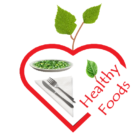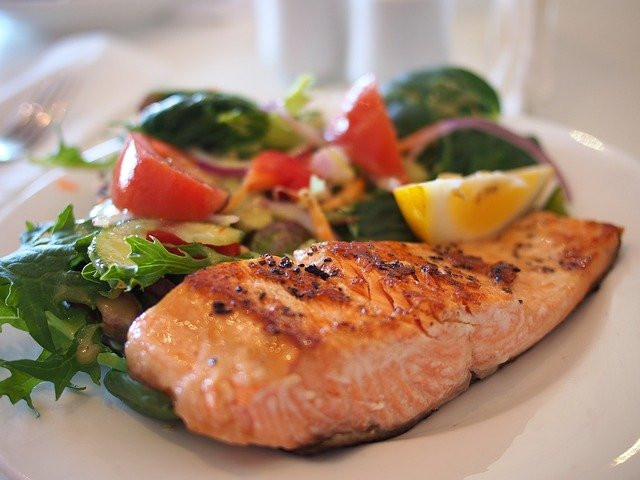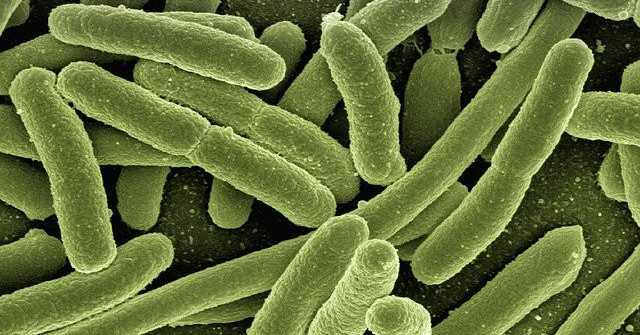Healthy Nutrition For Children
The easiest way to ensure that children get the nutrients they need is to choose healthy foods regularly.
Try to control what food your child eats by providing regular daily meals.
Teach children to make healthy choices by helping them choose nutritious and nutritious foods.
Focus on fat-free and low-fat products with high calcium content.
Peer pressure, TV ads, and junk food can make it difficult to get your child to eat.
Consider your own hectic schedule, and it’s no wonder that many children’s diets are built on convenience and takeaway foods.
What is proper child nutrition?
Proper child nutrition includes eating three meals a day with two nutritious snacks, limiting sugary and high-fat foods, eating fruits and vegetables, lean meats, and low-fat dairy products (including three servings of milk, cheese, and yogurt) to meet the calcium needs of your children.
Due to their small stomachs, children only have to eat small amounts throughout the day.
Decide to eat the foods you offer with meals and snacks, even if that means eating nothing else.
Choose a diet that provides enough calcium and iron to meet growing body needs.

How to choose healthy foods?
To make it easier for children to choose healthy snacks, keep fruit and vegetables ready.
It is also important to control the supply of food you serve with meals and to distribute snacks.
Work fruits and vegetables into your daily routine and aim for a goal of five portions a day.
Encourage your child to eat a variety of fresh, frozen, and dried fruits and fruit juices.
Cut fruit and vegetables into hand snacks instead of salty snacks such as crisps and crackers.
Choose wholemeal bread, oatmeal, popcorn, quinoa, or brown or wild rice.
Tips on how to get your child to eat?
Here are a few simple tips on how to get your child to eat without turning the meal into a battle zone.
Getting children to eat healthily can feel like a tough battle. But nutrition for children can help form a foundation for healthy eating habits and nutritional knowledge that your child can apply throughout their life.
Your child needs the right nutrients to stay healthy and strong and grow up to be healthier and stronger.
As a parent, one of the most important things you can do is to help your child learn healthy eating habits.
Children need a balanced diet with foods from three food groups: vegetables, fruit, whole grains, and protein.
You need at least 3 meals a day and 1-3 snacks in the morning, afternoon, and bedtime.
The Kids Healthy Eating Teller is a visual guide to help children eat well and stay active.
At a glance, the Kids Healthy Eating Teller shows examples of good food choices to inspire a selection of healthy meals and snacks, and it stresses that physical activity is part of the equation to stay healthy.

What are some good food choices?
Good food choices are whole grains, fresh, unprocessed, fresh fruits and vegetables, whole grains, dairy products, meat, and homemade meals.
Everyone needs the same nutrients like vitamins, minerals, carbohydrates, proteins, and fats. However, children of different ages require different amounts of specific nutrients. Choice seafood, lean meat, poultry, eggs, beans, peas, soy products, unsalted nuts, and seeds.
Check dietary guidelines for girls and boys of different ages based on the latest dietary guidelines for Americans. Encourage your child to eat and drink fat-free or low-fat dairy products such as milk, yogurt, cheese, and fortified soy beverages.
What to avoid on a healthy plate?
- Americans under 2 are encouraged to consume a variety of healthy foods and beverages. Children with a healthy plate should avoid sugary drinks, sweets, and other junk food products.
- Must avoid added sugar that weakens bones, promotes lack of concentration, and is the main cause of obesity. Examples of added sugars are brown sugar, corn sweetener, corn syrup, honey, and others.
- In pizza, crisps, crackers, sodas, sugar-sweetened drinks, desserts, biscuits, cakes, and fast food can find the addition of sugar, solid fats, and salt.
- Bread, canned soups, vegetables, frozen meals, and fast food can hide large amounts of added sugar.
- Sugar substitutes such as aspartame and artificial sweetener can lead to a habit of liking sweet foods, which can make it difficult for your child to adapt to fruits and vegetables.
- It would be best if you use healthy oils instead of other fats.
What foods should be consumed for healthy eating?
The American Heart Association recommends limiting children’s sugar intake to 3 teaspoons (12 grams) a day. A 12-ounce lemonade contains about 10 teaspoons (40 grams) of added sugar, as does a shake or sweetened coffee drink.
For small children, you can serve safe types of seafood in child-friendly portions 1-2 times a week (PDF, 378.44 KB), starting with a 1-ounce serving for children 2 years and older.
Replace refined grains such as bread, pasta, and rice with something your child can eat, namely whole grains.
Look at the ingredients list and make sure that whole grains are one of the first items.
Another step is to make sure your child gets a breakfast that releases the energy they need to concentrate at school.
To prevent dehydration, children should be encouraged to drink fluids before physical activity and drink several glasses of water or other fluids after the physical activity has finished.
Make sure your child has a healthy breakfast to recharge the energy they need and focus on school.

Parents and guardians should be involved in guiding children through age-appropriate meal choices and involving them in food shopping and cooking.
Children will feel empowered in their food choices when they begin to learn how to make healthy choices.
Adolescents have various calorie, and nutrient needs based on age, growth and development patterns, and physical activity.
Selecting beverages to reduce sugar-sweetened beverages can help reduce their intake of added sugar and achieve healthier dietary patterns for children and adolescents.
Reducing sugar foods and eating more wholegrain cereals, nuts, fruits, and vegetables will promote a balanced mood!
Conclusion:
The easiest way to ensure that children get the nutrients they need is to choose healthy foods regularly.
Children will feel empowered in their food choices when they begin to learn how to make healthy choices.
Food is the key to a healthy and balanced diet, and each food has a unique combination of nutrients, from macronutrients (carbohydrates, proteins, and fat) to micronutrients (vitamins and minerals).
THIS POST CONTAINS AFFILIATE LINKS.
Nature’s Way Kids Happy & Healthy Multivitamin, Vitamin C, Zinc & Elderberry, 60 Gummies

CLICK HERE=>TO VIEW







